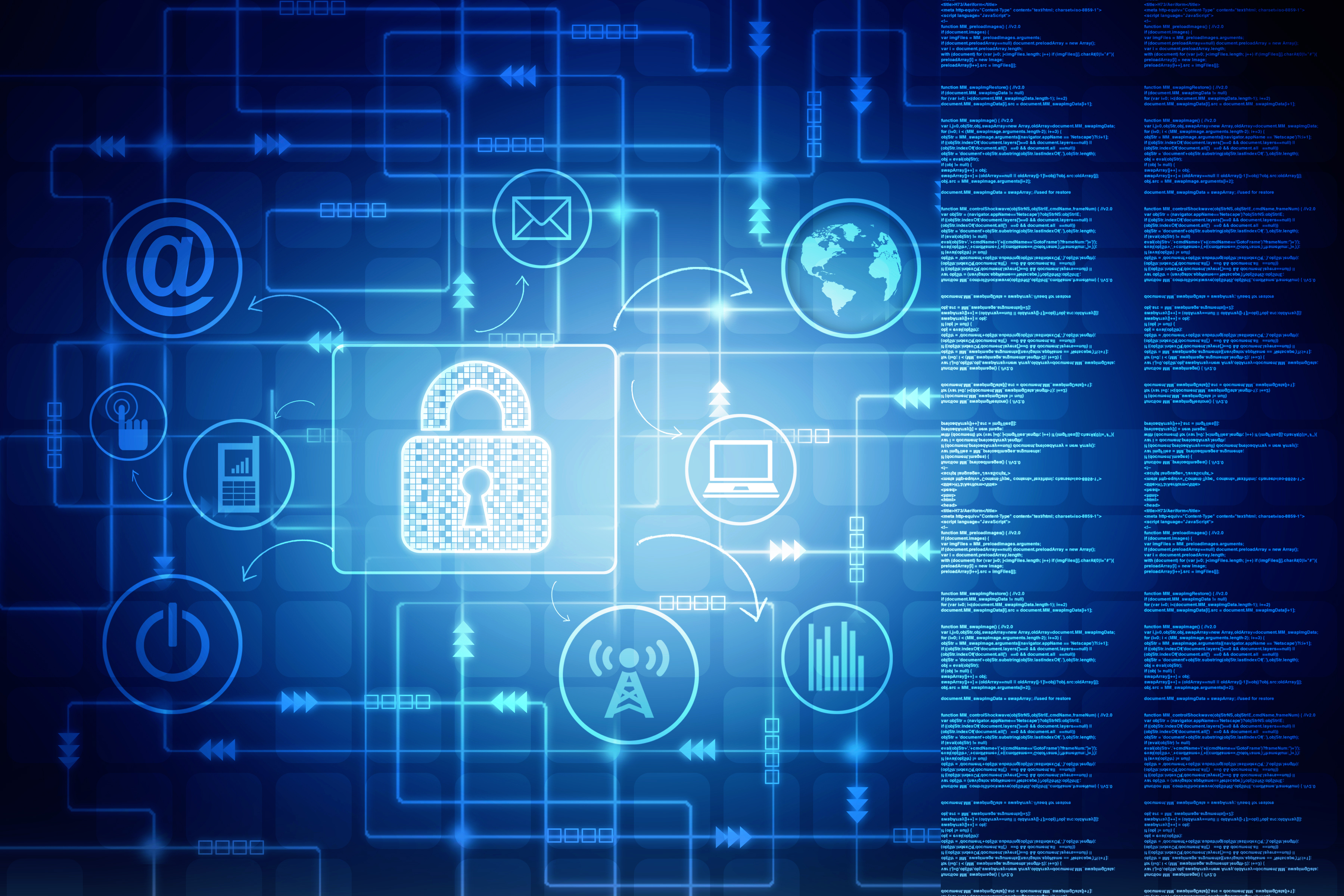
While 2020 marks the start of a new decade, many of the technology trends that have dominated conversations through 2019 —big data, cyber hunting, IoT, 5G, and user experience — will continue to shape IT roadmaps as companies begin to take action and look for the impact of their strategic investments.
At Riverbed Technology, we believe the dawn of the new year presents the ideal opportunity to take stock of the advancements made in the year gone by and explore how these will continue to evolve in 2020.
Digital Transformation Will Radically Shape Business Strategies and Outcomes
While talk of digital transformation has been ongoing for several years now, organisations’ transformation efforts have seen mixed results. Even enterprises that started down the road in 2018 and 2019 have realised that an organisation and its infrastructure cannot be completely transformed overnight and that it will instead be an ongoing exercise. The reality is that many organisations were not equipped for a true digital transformation or to embrace SD-WAN. This is set to change as we head into 2020. The digital transformation march will continue to move forward, along with the adoption of SD-WAN.
There’s an inherent risk for those businesses that buck the trend. The Amazonification of consumer expectations has reshaped enterprise go-to-market strategies in a huge way by going beyond just situating a solution in the cloud. The winners here will be those who can deliver the desired experiences and outcomes at the speed customers demand. Today, enterprise customers expect the incredible speed and convenience that’s traditionally been demanded by consumers. They have been shaped, as we all have, by getting what we’ve asked for at a blink-and-you’ll-miss-it level of service. Not everyone will be able to keep up so expect to see some players merge with others – or simply fall by the wayside.
IoT and 5G Will Push Applications to the Edge
There no doubt that 2019 was the year of cloud in the Middle East. The market’s momentum is only set to increase and we can expect distributed cloud to become the new data centre that truly empowers the edge. As more organisations start incorporating IoT technologies, their applications will need to run at the edge to ensure high performance and faster response. With IoT heading to the forefront – and soon to be enabled by the proliferation of 5G networks – organisations in 2020 are starting to think about how to address the new visibility challenges that will stem from the need of edge applications to communicate back to a centralised point.
Also, the security of that network traffic is going to be paramount. There is no getting away from security being at the top of the agenda for organisations’ investments in 2020. It’s going to be imperative for organisations to be able to track which devices are communicating with other devices and determine whether they’re part of a distributed cloud or still being sent back to a consolidated location.
Threat Hunting Will Become a Mandatory Security Exercise
Sticking with the theme of cybersecurity, we will see an increase in the number of “advanced persistent threats,” sophisticated, systematic cyber-attack programs that continue for an extended period of time, often orchestrated by a group of skilled hackers. These are the hacks that do the most damage to organisations and if a company doesn’t have proactive threat detection measures in place, it could be unaware of the attack until after the damage is done.
As networks for organisations have grown, they have become like the Roman empire – big, sprawling and hard to defend. Throwing up a “wall,” or firewall, to defend against attacks is less likely to be effective when the advanced persistent threats have multiple ways to attack the cracks in those walls.
The best way to combat advanced persistent threats is to engage in “cyber hunting,” the process of proactively and iteratively searching networks to detect and isolate advanced threats that evade existing security solutions. As hackers become smarter and find new evasive ways to infiltrate a network, organisations in 2020 will begin adopting the proactive cyber hunting approach to complement traditional reactive threat management approaches of installing firewalls, intrusion detection systems and SIEM systems.
The Days of Data Hoarding are Over
The proliferation of the cloud and its immense data storage capabilities are double-edged swords for organisations that have been “data hoarding.” As we move into 2020, many organisations will realise that while big data has tremendous value, some of that data may be a liability. The potential risk of a breach involving sensitive client data is too substantial to a company’s bottom line, especially with the emergence of more consumer data protection laws, such as CCPA, coming down the line in 2020. To combat this, organisations will start reviewing collected data to determine what clearly enhances the business’s performance and delete the rest, as the risk is too high to continue to store customer data without a foreseeable purpose.
Why These Matter
2020 will see many game changing technologies reach maturity and no doubt, emerging technologies such as AI will take root as they begin to deliver tangible value for businesses. As the technologies we know and love continue to evolve, they will open up the possibility of new applications and use cases capable of enhancing the user experience for customers and employees.










Discussion about this post